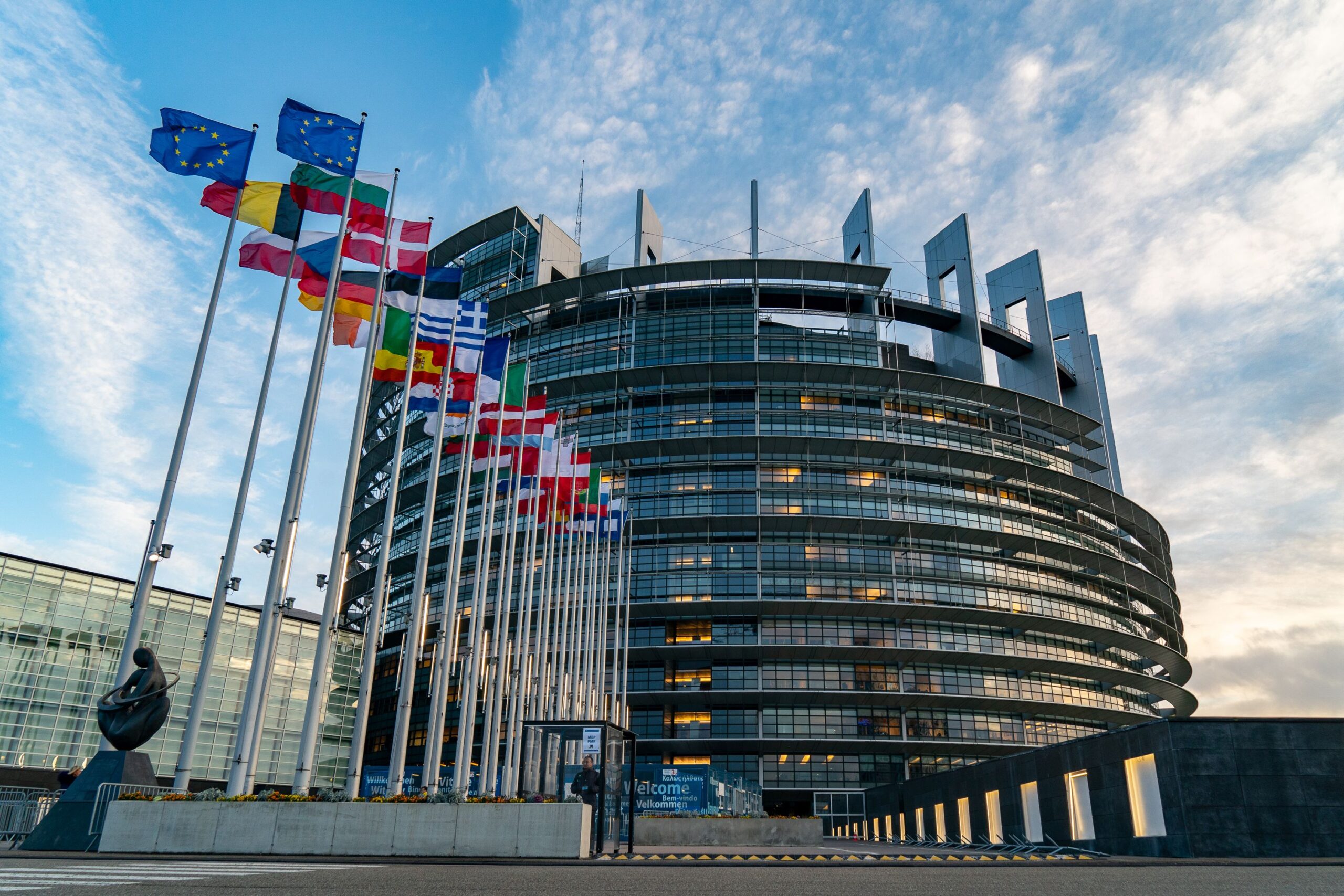Economy Favors the Wealthy
In a world where economic inequality runs rampant, the Financial Times is charging an eye-popping €69 per month for digital access, leaving many questioning the value of such an investment. As reported by Open Tools, this hefty price tag is part of a broader trend in media where access to quality journalism is increasingly limited to those with deeper pockets.
Exorbitant Subscription Costs
With prices soaring, the question arises: who can afford to pay €69 each month for news? In contrast, a significant portion of the population is grappling with stagnant wages and rising living costs. In the United States alone, nearly 40% of Americans would struggle to cover an unexpected expense of $400, according to the Federal Reserve. This disparity highlights the growing chasm between those who can afford premium content and those who cannot.

FALQs: European Parliament Elections | In Custodia Legis
Media"s Role in Economic Disparity
Access to information should not be a luxury, yet platforms like the Financial Times are making it just that. As they tout their superior journalism and expert analysis, they effectively exclude marginalized voices who can"t afford their subscription. The implications are dire. A media landscape dominated by affluent readers can lead to a skewed narrative that ignores the struggles of the working class. This is a dangerous precedent, as it threatens the integrity of public discourse.
Subscription Models Exacerbate Inequality
The Financial Times offers various subscription models, including a €1 trial and a €659 Premium package, but even these options can create barriers for low-income individuals. As noted in PriceTimeline, these fluctuating prices reflect not just market trends but also the growing divide in who gets to access quality journalism. The media cannot claim to be a watchdog of democracy while simultaneously erecting financial barriers to entry.

Reparations Won"t Start With Congress. A President Needs to ...
Solutions Exist but Require Willingness to Change
While the Financial Times presents itself as a bastion of economic insight, it must confront the reality that its pricing alienates the very people who need to be informed the most. Progressive taxation policies could help fund public journalism initiatives aimed at providing free or low-cost access to quality news. Publicly funded journalism can bridge the gap, ensuring that everyone has a voice and that the media reflects the diverse realities of our society.







![[Video] Gunfire between Iraqi security forces and Sadr militias in Baghdad](/_next/image?url=%2Fapi%2Fimage%2Fthumbnails%2Fthumbnail-1768343508874-4redb-thumbnail.jpg&w=3840&q=75)
